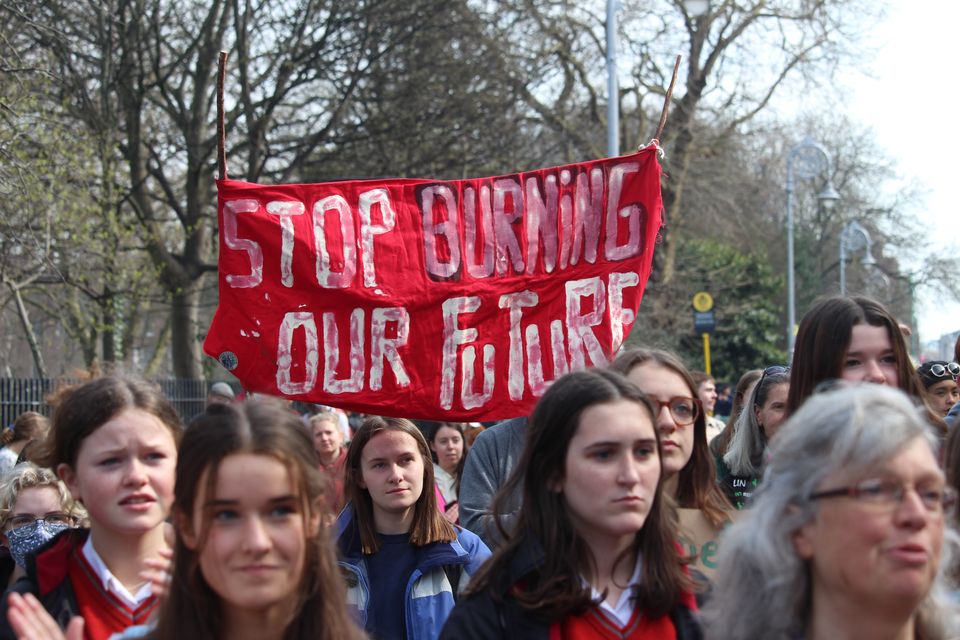If unchecked, climate change will significantly increase women's vulnerability to poverty and hunger, undermining hard-won development gains, according to a UN report.
Abu Dhabi [UAE], October 21 (ANI/WAM):
"Investments in a comprehensive SDG stimulus package would help to mitigate this effect, reducing the number of women falling into extreme poverty from 158.3 million to 43.3 million. But the impact will still be less than what could be achieved if the world abates climate change now, before it gets exponentially worse.
A recent review of national climate action plans, known as nationally determined contributions, found that only 55 have specific climate adaptation measures referring to gender equality and only 23 recognize women as agents of change in accelerating progress on climate commitments.
Multi-sectoral plans and efforts to respond to climate change must prioritize women and girls mostat risk. A lot more is also needed in the areas of conservation, disaster preparedness, adaptation and resilience, including expanding women's access to quality health, education, economic opportunities and information,'' the report noted.
"Progress on the Sustainable Development Goals: The gender snapshot 2023" presents the latest evidence on gender equality across all 17 Goals, including prevailing trends and gaps on the road to 2030.
The report calls for an integrated and holistic approach to advancing gender equality, including via greater multi-stakeholder collaboration and targeted and sustained funding in support of the gender equality agenda. Failure to scale up and invest in gender equality now will place the entire 2030 Agenda forSustainable Development in peril.
Climate change poses existential risk to children, says paediatrician

Dr Camilla Kingdon said that the Government must ‘take action on poverty and health inequalities’ (Dominic McGrath/PA)
By Luke O'Reilly, PAToday
Climate change poses an existential risk to children, the UK’s most senior paediatrician has said.
Dr Camilla Kingdon, the president of the Royal College of Paediatrics and Child Health (RCPCH), said that extreme weather, pollution, and “unprecedented energy costs” are having a “very real” detrimental effect on young people.
Dr Kingdon said: “Climate change poses an existential risk to the health and wellbeing of all children; however, the current impacts of climate change are not experienced equally.
“Extreme weather, air pollution and unprecedented energy costs are having a very real and detrimental effect on our most vulnerable children and young people.”
She said that healthcare professionals are already seeing its impact across the UK, with children from low-income families facing increased mortality risks.
“Every child is at grave risk of the effects of our changing climate, but none more so than children in lower-income families,” she said.
“These children are facing an increased mortality risk from extreme weather events, exacerbated respiratory conditions from dirty air and even increased rates of cancer, diabetes and obesity.”
Dr Kingdon added that the Government must “take action on poverty and health inequalities” while also emphasising the unequal impact of climate change.
As part of Dr Kingdon’s statement, the RCPCH has made a number of policy recommendations.
The recommendations include that the Government appoints a Cabinet level Minister for Children, and that all four UK Governments commit to engaging with young people when developing climate change and health inequality policies.
The RCPCH also called on all four UK Governments to introduce a statutory obligation to conduct a children’s rights impact assessment when developing policies that impact children and young people.
No comments:
Post a Comment